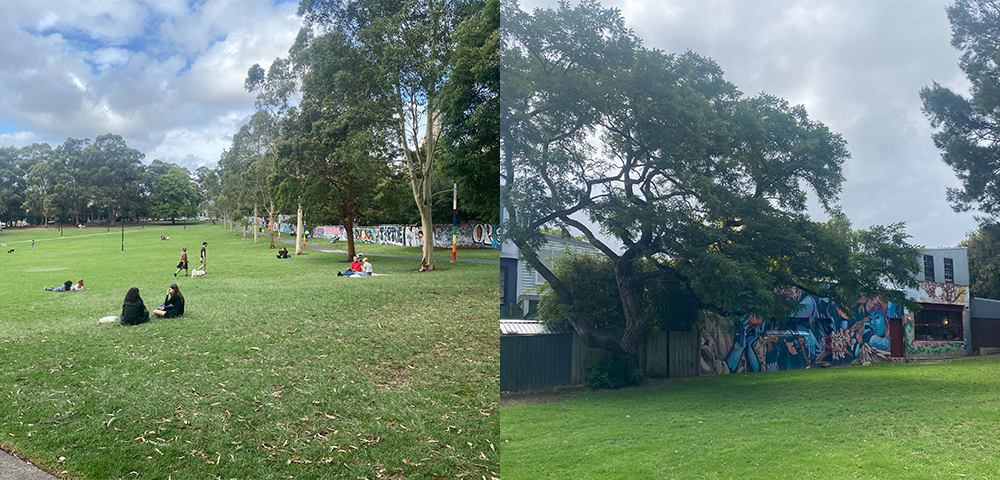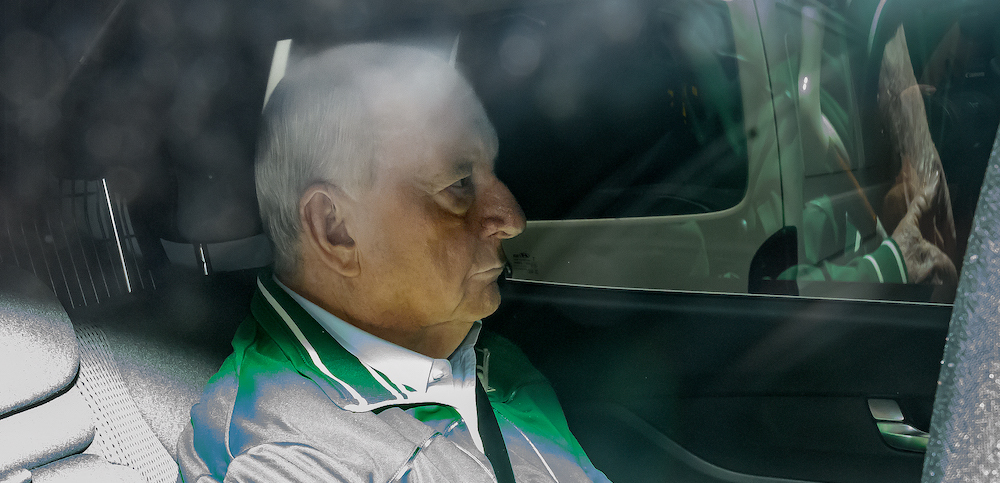
Life is a numbers game for many Australians who suffer from diabetes, but the chronic condition comes with a dark side, according to a nationwide study.
Renza Scibilia, 38, is one of over a million Australians living with the chronic condition. She was diagnosed with type 1 diabetes 14 years ago and is one of many who may also experience anxiety and depression.
“On a day to day basis, the issue with diabetes is its relentlessness. The fact that there is no break, that numbers decide whether I consider myself good or bad, the constant need to monitor food intake and consider how pretty much anything and everything impacts on my diabetes,” Ms Scibilia said. “It certainly does lead to distress and burnout.”
The Diabetes Miles report, produced by Diabetes Australia earlier this month, shows that almost one third of diabetics experience moderate to severe depression.
According to the study, 35 per cent of adults with type 2 insulin-treated diabetes experienced moderate to severe depressive symptoms, while 28 per cent of type 1 diabetics experience severe distress.
Will Bonney is the General Manager of the Black Dog Institute and has lived with diabetes for 31 years. “There is a need for us to finally recognise depression as a medical complication of diabetes. Our diabetes impacts on our psychology, just as our psychology impacts on our diabetes,” he said.
To address the issue, he said: “we need to ensure that there are psychological services specifically tailored to people with diabetes. We need psychologists that understand diabetics and diabetes health professionals who understand psychology.”
Professor Jane Speight of Deakin University said: “For some, depression may precipitate the diabetes and even contribute to the development of diabetes.” Ms Speight is the foundation director of the Australian Centre for Behavioural Research in
Diabetes, the agency that conducted the study.
“For others, it seems that the unrelenting demands of diabetes, its treatment and worries about serious complications can take their toll on people and this, in turn, seems to be associated with the development of depression.”
Yet, of the 3300 Australians surveyed, only 13 per cent had been officially diagnosed with depression.
Dani Indovino was diagnosed with depression two years ago and believes that it remains largely undiagnosed in the diabetic community. The 35-year-old said: “I believe 99 per cent of diabetics suffer or have some form of depression and or anxiety.”
Ms Speight said: “Health professionals need to be aware that one or two in every 10 people with diabetes may have depression and a further one or two may be at risk.”
By Jack Derwin









